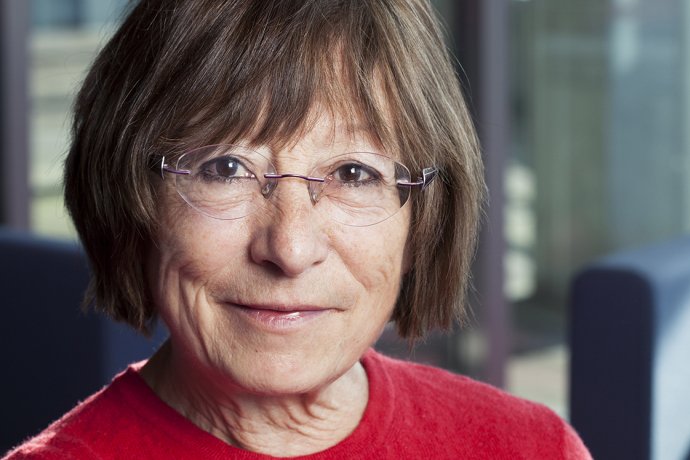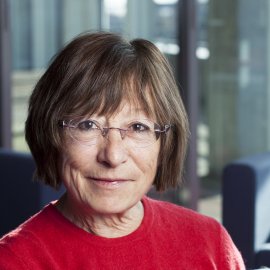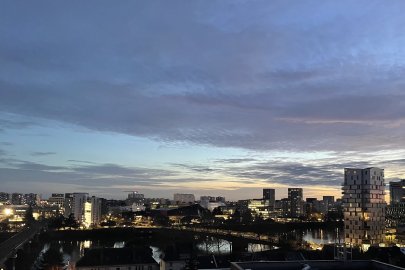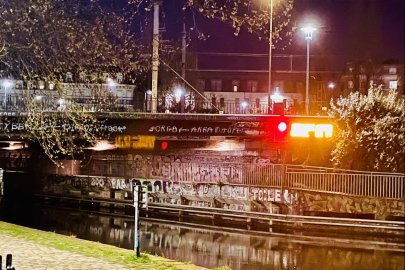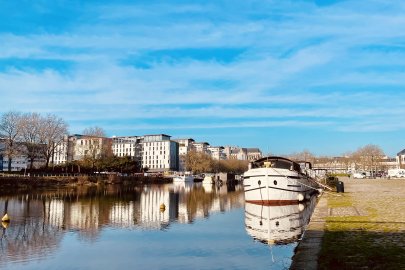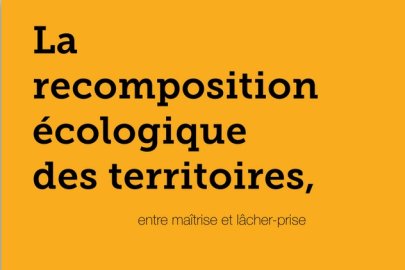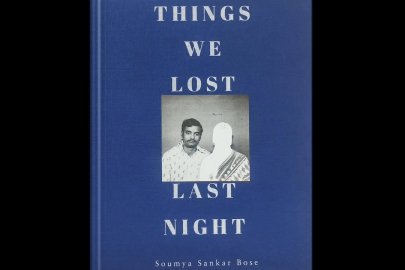Inhabiting the world differently
Annie Montaut
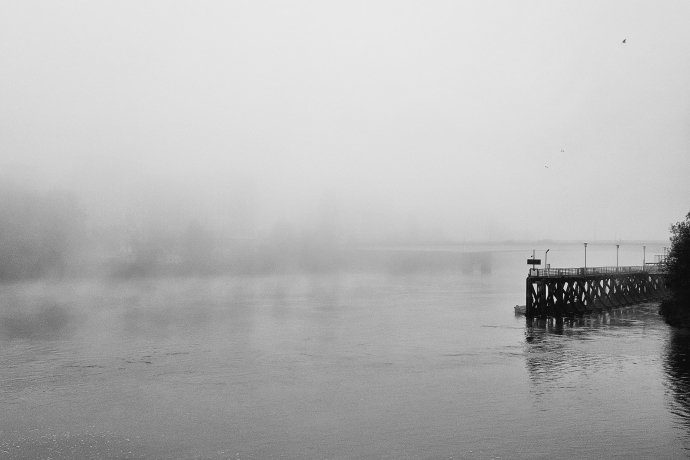
Inhabiting the world differently, that is a key word, two key words, even three - thanks to our colleague and fellow Danouta Bagnoud for her magnificent work on inhabiting the earth, and thanks to Alain Supiot, founder of the very idea of this very special IEA, for having so clearly formulated the distinction between the world and the global. And 'differently'. A fabulous word. In 1975 - at the end of the Post-war boom - a French publishing house took this name (Autrement). And yet, even today, so many 'differentlys' have been defined differently, so many 'alter-' alternatively conjugated, so many differences differently thought out that we're left wondering whether we might not instead consider 'same', just to do things differently. The same as in neo- or pre-neolithic matriarchal societies, egalitarian and pacifist - with a few adjustments for comfort freaks. Or what we've got used to seeing as that. Or the same as our not-so-distant ancestors who, in the time of Péguy's childhood, worked and sang as they worked, of the joy of growing plants or making objects useful to everyone and doing it together in a common effort, before the absolute reign of Money1 arrived, with a few adjustments for the maniacs of wokism -- yes, he was a Catholic white male. Or the same as today's refuseniks in all countries, since they are all subject to the Market, with a few adjustments for the maniacs of legality - yes, Gandhi and Thoreau hadn't waited for the voluntary reapers (anti-GM activists) to say that what is legitimate doesn't always fit in with what is legal.
The different and its differences have recently been inflected in so many different ways in various temporalities and histories, that we could perhaps, just for the sake of doing things differently, think of timelessness. Well, from the human point of view: what has always been under our feet, at all times and in all places. The earth, therefore, under our feet. Which is one of these timelessnesses: it continues, despite everything we do to torment it, to have its seasons, to revolve around the sun, to erupt from time to time. It continues and will continue after us: before and after, all the same. The earth beneath our feet, but also in front of our eyes and even on our heads, with the shade of its trees. And above all in our bodies, which it continues to nourish generously. That is, even if the bipeds have exaggerated enormously. Wouldn't we be well advised to welcome it into our souls too, in what's left of them? Because it's from her that we come and depend, not the other way round. We need to re-establish the link that certain civilisations (which have disappeared) had with her, and that certain peoples (isolated) and certain groups (threatened) still have with her.
1 We need to reread or read Charles Péguy's superb pamphlet L'Argent in 1913, a year before the 'Great War' ended his career and his life.
